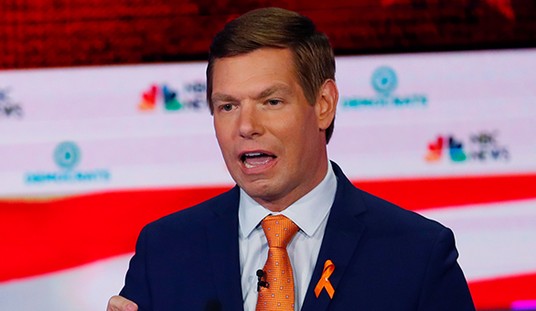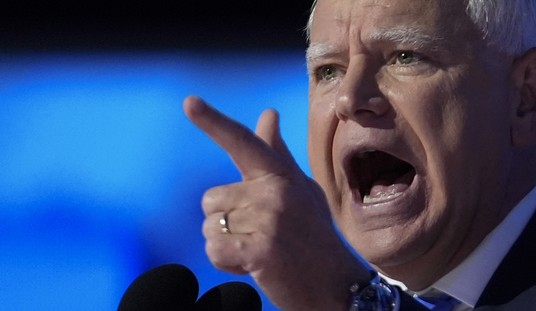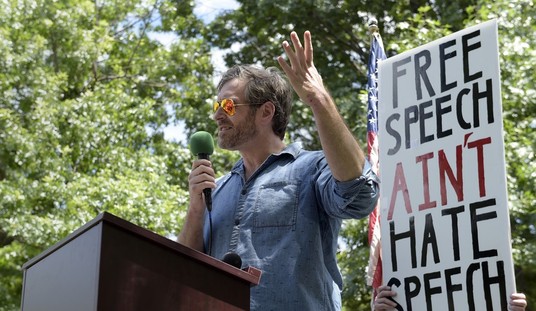Max Boot is quite right that the Middle East needs Dubai, and not only because it embraces modernity and flouts the region’s taboos. It’s also an example of good government, at least by the Arab world’s standards, and good economics if you look past its excesses.
The United Arab Emirates’ most extravagant city-state has a more or less transparent market economy and a degree of personal freedom rarely found elsewhere in the Middle East outside Israel and Lebanon. The government doesn’t micromanage the personal lives of its citizens as in Iran and Saudi Arabia, nor does it smother the economy with heavy state socialism as in Egypt and Syria. Its bureaucracy is efficient — investors don’t spend years acquiring permits and filling out paperwork before they can open a shopping center, a hotel, or a Starbucks. The Islamic religion is respected as it is everywhere else in the Middle East, but clerics don’t make the rules.
Lebanon and Iraq have both been hailed as possible models for the rest of the region, but they aren’t really. Maybe they will be someday, but they aren’t today. Freewheeling Lebanon is more or less democratic, but it’s unstable. It blows up every year. The Beirut Spring in 2005 ousted the Syrian military dictatorship, but shaking off Iran and its private Hezbollah militia has proved nearly impossible. Iraq is likewise still too violent and dysfunctional to be an inspiring model right now.
Many of the skyscrapering steel and glass cities of the Persian Gulf feel like soulless shopping malls. It wouldn’t occur to anyone to suggest that one of these places is “the Paris of the Middle East,” as Beirut has often been called. Dubai’s outrageous attractions and socially liberal atmosphere, however, makes it something like a Las Vegas of the Middle East as a traveler’s destination. And it really is something like a Hong Kong or Singapore as a place to do business.
It features prominently in Vali Nasr’s compelling new book Forces of Fortune, where he argues that the Middle East may finally liberalize politically after it has first been transformed economically by a middle-class commercial revolution. Most in the West haven’t noticed, but that revolution has already begun. And what he calls “the Dubai effect” is a key part of it.
“People in the region who visit Dubai,” he writes, “return home wondering why their governments can’t issue passports in a day or provide clean mosques and schools, better airports, airlines and roads, and above all better government.”
He’s right. Most Beirutis I know look down on Dubai as artificial and gimmicky, but just about everyone else in the region who isn’t a radical Islamist thinks it’s amazing.
“Read the rest in Commentary Magazine”:http://www.commentarymagazine.com/blogs/index.php/totten/180971.
The Dubai Effect

Advertisement








Join the conversation as a VIP Member